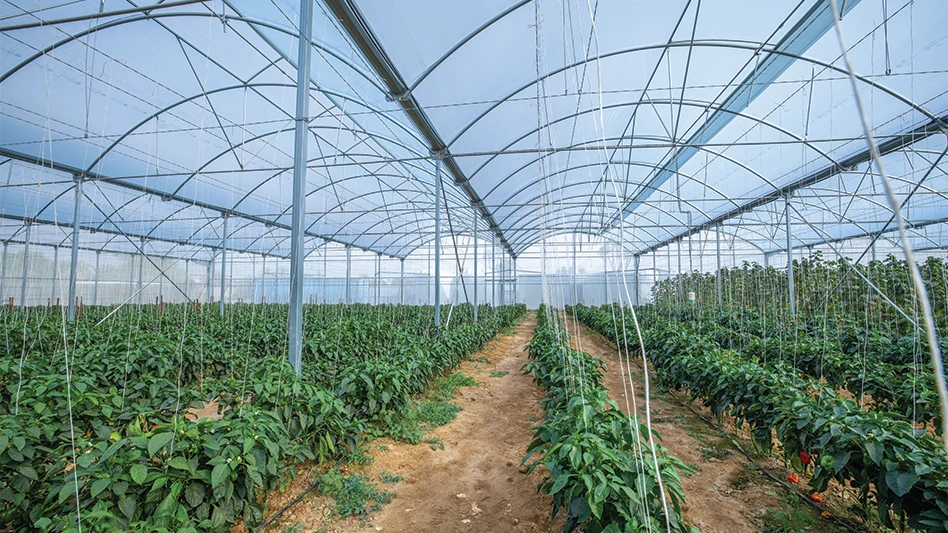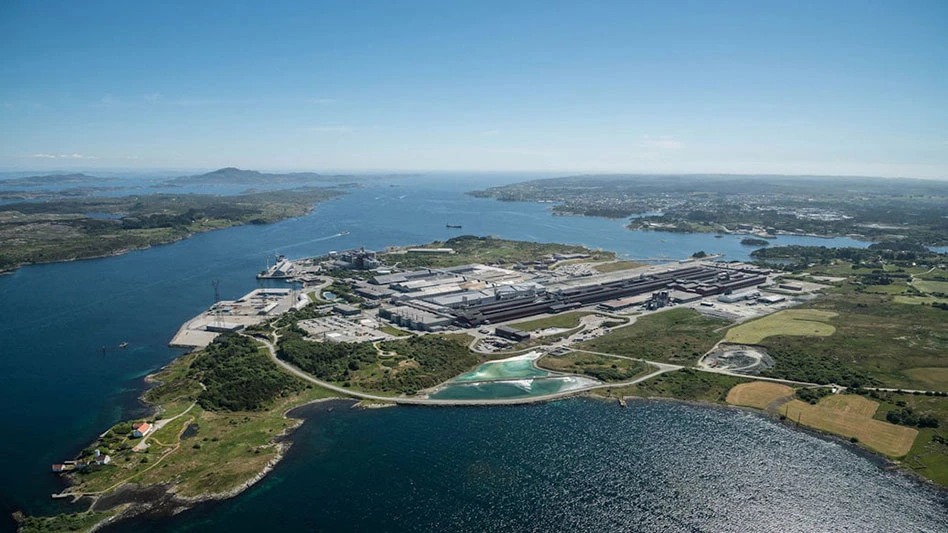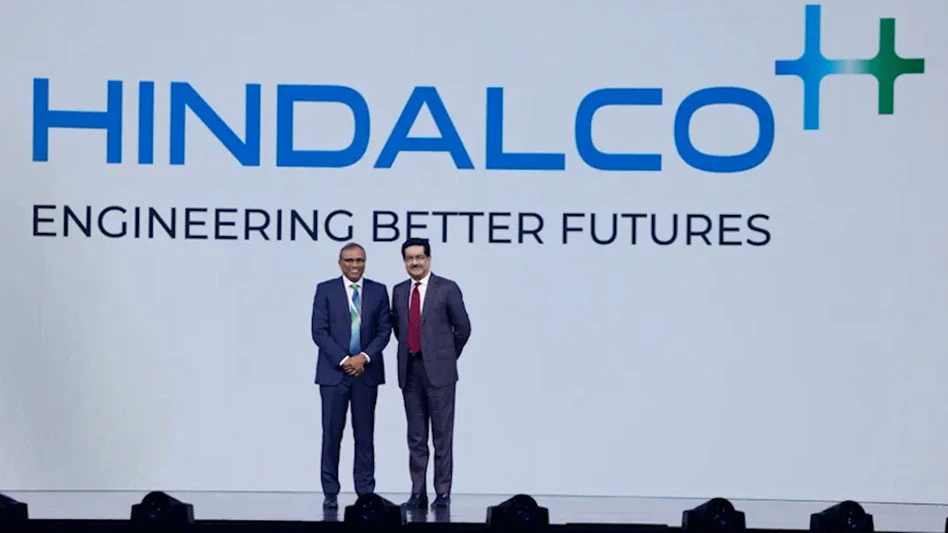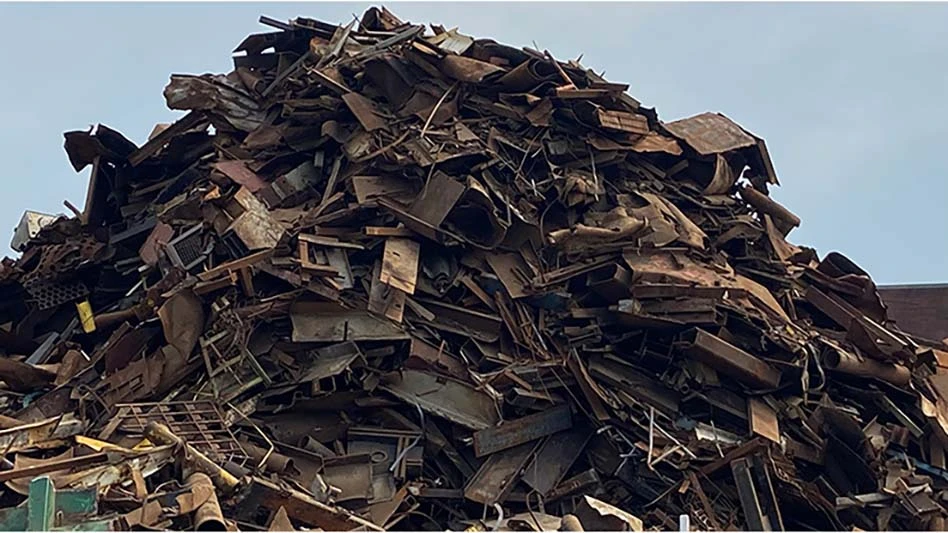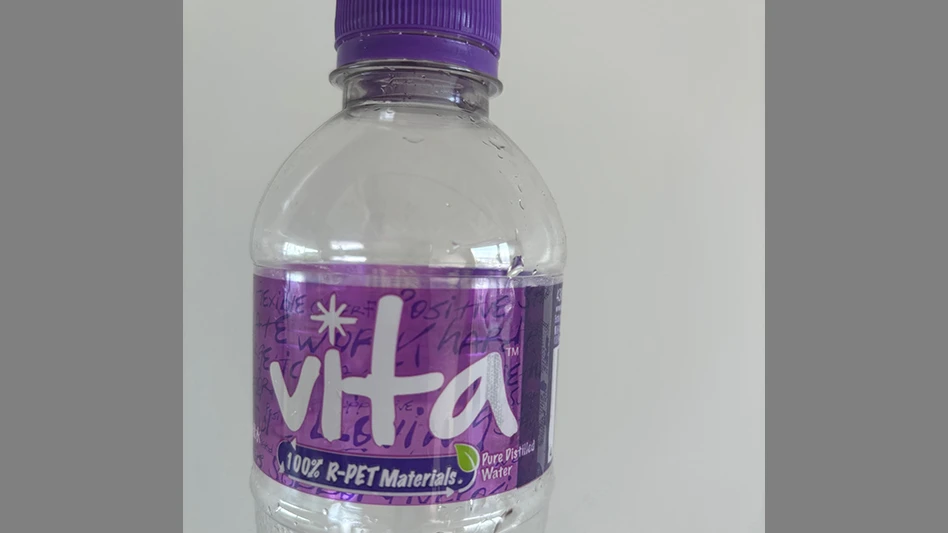 Municipal recycling programs have been helping to recover valuable secondary materials for a long time. But collecting these materials at the curb or the drop-off center is only part of the process. Material recovery facilities (MRFs) are a necessary link in the chain, providing the sorting and separation that is needed to create saleable recyclables that are of value to consuming facilities.
Municipal recycling programs have been helping to recover valuable secondary materials for a long time. But collecting these materials at the curb or the drop-off center is only part of the process. Material recovery facilities (MRFs) are a necessary link in the chain, providing the sorting and separation that is needed to create saleable recyclables that are of value to consuming facilities.
The two key criteria that we used to compile our 2011 list of the largest MRFs in North America are the percentage of residential material processed and the volume of recovered fiber processed and shipped in 2010.
While containers can contribute to the volume of material processed at most MRFs, this stream can be reduced considerably in states with bottle bills. Therefore, MRFs in bottle-bill states would be at a disadvantage if total recyclables were used to rank facilities. For this reason, we've chosen the tonnage of scrap paper processed.
We've redefined the other key criterion that we use to determine the list. In the past to be eligible for this list, MRFs had to process at least 50 percent residentially generated material. This year, however, we have lowered that requirement to 30 percent, reflecting the evolution of the industry. The changing material stream has led some MRF operators to expand beyond residential material to secure the tonnage they need to remain profitable or to expand their businesses.
As in the past, Recycling Today's editorial staff relies on the input of our readers when compiling this list. Thank you to the representatives of the many MRFs in North America who took the time to respond to our inquiries. To those that did not take the time to respond, the editorial staff of Recycling Today hopes you will reconsider your decision for future lists.
Consuming Trend
While hauling companies still account for the majority of the MRFs on the list, the recycling divisions of two consumers appear on this year's list and map of the largest MRFs in North America. Of the 75 MRFs on this list, eight are the recycling divisions of recovered paper consumers RockTenn and Cascades Inc., whereas in 2009 when we last compiled this list, RockTenn's facilities were absent.
The more recent change that has led to greater consumer representation on this list is the acquisition of Metro Waste Paper Recovery by Cascades Inc. While Cascades has owned a minority interest in Metro Waste since 1995, the company took a controlling interest in late 2010. Metauro Group Holdings owns 27 percent of Cascades Recovery, as the company is now known, while Cascades owns 73 percent. (For more information on Cascades Recovery, see "Naturally Green," p. 42.) The Cascades Recovery MRFs on the list processed more than 519,500 tons of scrap paper in 2010.
In another recent move, Norcross, Ga.-based paperboard and packaging manufacturer RockTenn closed on its acquisition of the assets of Smurfit-Stone Container Corp., with headquarters in Creve Coeur, Mo., and Chicago, in May. The company's newly acquired MRFs account for four out of the 75 plants on our 2011 list, and an estimated 382,500 tons of recovered paper. Compared with hauling companies, however, these MRFs make up a small fraction of the list.
Reccuring Theme
As it did in 2009, Houston-based Waste Management Recycle America dominates this year's list of the largest MRFs in North America with 20 facilities. Its largest facility in Elkridge, Md., ranks in the No. 2 spot with more than 182,680 tons of fiber processed in 2010. In total, the company's MRFs on this list processed nearly 2 million tons of fiber last year.
Other haulers with MRFs placing on this year's list are Phoenix-based Republic Services, with 10 plants, the largest of which processed more than 81,000 tons of scrap paper in 2010, and Rutland, Vt.-based Casella Waste Systems, with three plants. Casella's largest MRF processed nearly 74,000 tons of recovered fiber last year. Casella was featured more prominently on our 2009 list, but the company has divested a number of operations in the last year.
ReCommunity Holdings LP was formed by Pegasus Capital LLC, an affiliate of Pegasus Capital Advisors LP, and Intersection LLC, Westport, Conn., in partnership with MissionPoint Capital Partners LLC, HarbourVest Partners LLC and Ares Capital Corp. The formation of ReCommunity followed the closing of the acquisition of select recycling assets of FCR Inc., a wholly owned subsidiary of Casella Waste Systems.
ReCommunity will serve as a strategic platform focused on "recovering, recycling and repowering communities across the country," according to a press release issued by Pegasus Capital, which has main offices in Cos Cob, Conn., and New York. The companies acquired FCR's assets for $134.1 million in gross proceeds, including an estimated $3.7 million working capital adjustment.
The acquisition includes FCR recycling assets located outside of Casella's core operating region of New York, Massachusetts, Vermont, New Hampshire, Maine and northern Pennsylvania, including 17 material recovery facilities (MRFs), one transfer station and certain related intellectual property assets.
Four of the ReCommunity MRFs have earned a place on this year's list: Camden, N.J.; Hartford, Conn.; Philadelphia; and West Palm Beach, Fla. These MRFs processed more than 266,200 tons of scrap paper in 2010.
Independent Minded
A number of independent recycling companies continue to rank among the largest MRFs in North America, including California-based Allan Co., with two facilities that handled nearly 182,000 tons of recovered fiber in 2010.
Canada Fibers, based in Toronto, also is represented on the list. It's three MRFs—all in Ontario—processed 265,000 tons of scrap paper in 2010.
Two of Portland, Ore.-based Far West Fibers four MRFs rank on our 2011 list, processing nearly 175,500 tons of recovered fiber in 2010.
Resource Management Cos., based in Chicago Ridge, Ill., is another independent company that features prominently on the list, holding the top spot with 223,000 tons of recovered fiber processed and sold in 2010 at its Chicago Ridge plant. The company's MRFs in Plainfield, Ill., and in Earth City, Mo., also made the list, processing a combined total of 173,000 tons of scrap paper.
The volume of recyclables being processed by the companies on our 2011 list of the largest MRFs in North America continues to be impressive, despite the changing nature of the material stream.
The author is managing editor of Recycling Today and can be contacted at dtoto@gie.net. Also contributing to research for the 2011 MRF list and map were Jim Keefe, Brian Taylor, Dan Sandoval and Kelley Stoklosa.
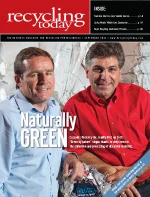
Explore the September 2011 Issue
Check out more from this issue and find your next story to read.
Latest from Recycling Today
- President signs executive order on critical minerals
- Registration opens for Scrap Expo 2025
- Toyota opens ‘circular factory’ in UK
- Agilyx works with former Plastic Energy CEO on sourcing venture
- 2 factors raise ferrous export questions in April
- Analyst: Scrap imbalance lost amid copper’s critical status
- AF&PA report shows decrease in packaging paper shipments
- GreenMantra names new CEO

